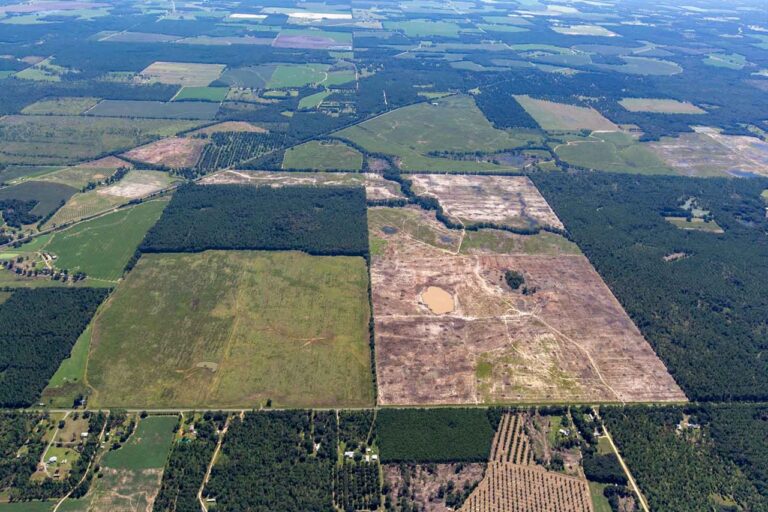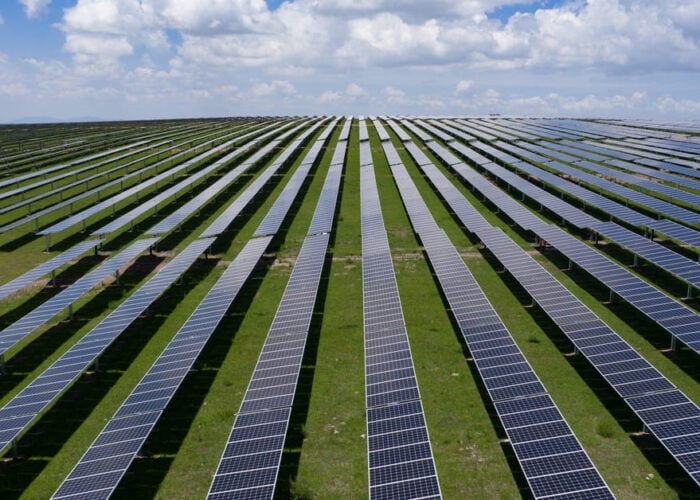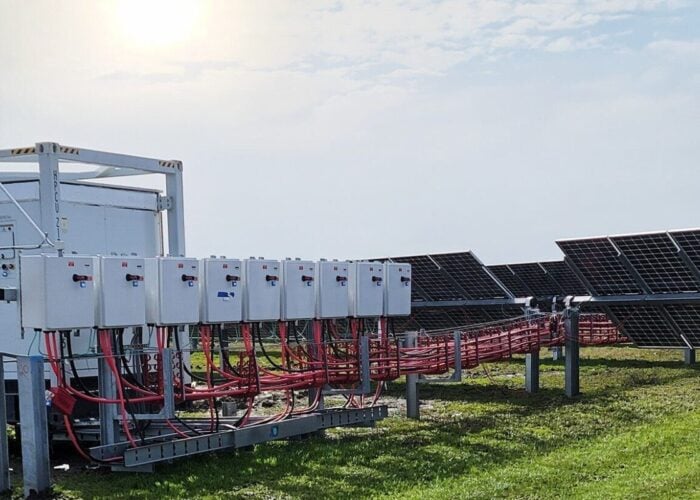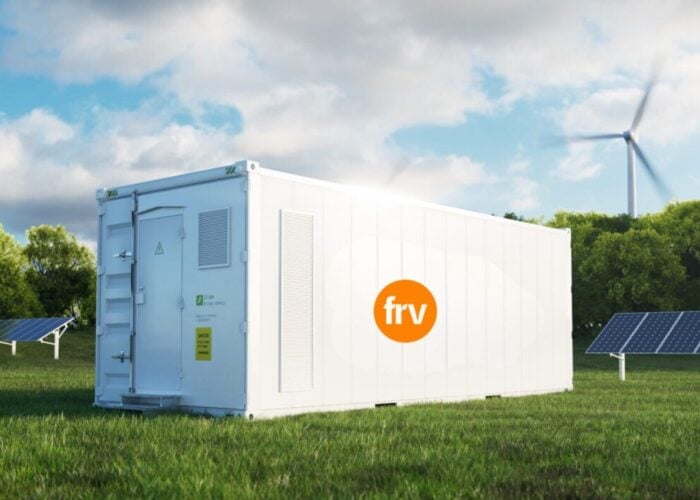
The US state of Georgia’s Public Service Commission (PSC) has approved state utility Georgia Power’s 2022 Integrated Resource Plan (IRP) that maps out how the company will deploy more renewables and energy storage technology over the next three years as well as strengthen the state’s network of transmission lines and grid infrastructure.
The approved 2022 IRP, which was filled with PSC back in February, will see the company deploy 2,300MW of new renewable energy resources over the next three years, with its long-term plan targeting a total of 6,000MW of additional renewable resources by 2035.
Try Premium for just $1
- Full premium access for the first month at only $1
- Converts to an annual rate after 30 days unless cancelled
- Cancel anytime during the trial period
Premium Benefits
- Expert industry analysis and interviews
- Digital access to PV Tech Power journal
- Exclusive event discounts
Or get the full Premium subscription right away
Or continue reading this article for free
It will also see 500MW of battery storage rolled out, with progress already made on a 65MW project in Talbot County (Mossy Branch) and a 13MW project with the US Army at Fort Stewart near Savannah.
On top of this, Georgia Power has proposed a pilot distributed energy resource (DER) scheme for 250MW of generation. The ‘DER Customer Program’ enables participating customers to receive a resiliency service via a company-owned, operated and maintained DER, such as a solar and battery energy storage system, with participants able to elect to receive a credit in exchange for the company’s ability to access the DER.
Moreover, Georgia Power has approved the retirement and decertification of all Georgia Power-controlled coal units by 2028, with the exception of one site, Plant Bowen, although it has approved more than 2,000MW of capacity from natural gas power purchase agreements (PPAs) in the coming years.
The utility said it was “incredibly important” to continue investments in renewables and gird infrastructure by “working constructively with the Georgia Public Service Commission” as it looks to build out its renewable energy resources.
Georgia Power files an IRP with the Georgia PSC every three years to outline how it will provide energy to its 2.7 million customers over the next 20 years.






